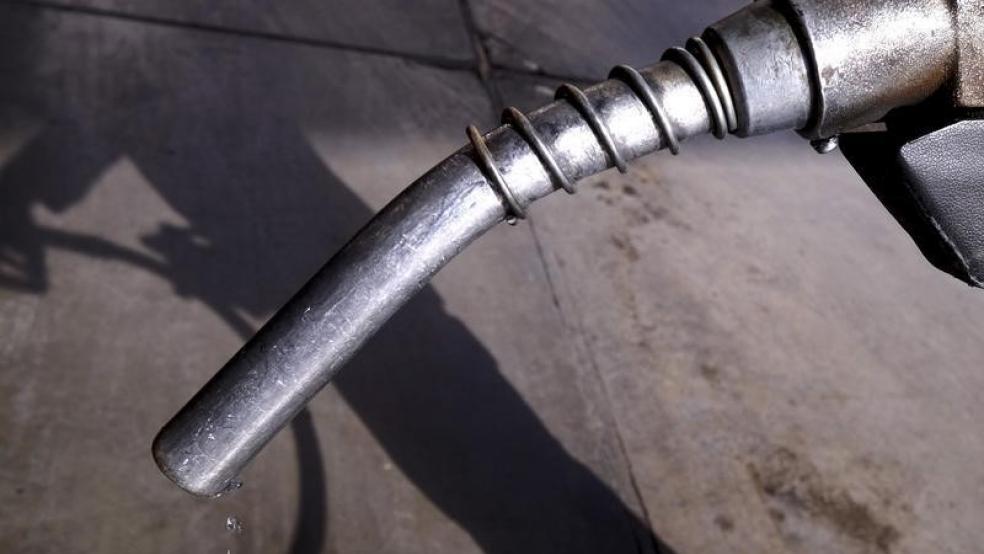Oil prices hit their highest in eight months on Tuesday, buoyed by the dollar nearing one-month lows and by falling Nigerian oil output after a spate of attacks on infrastructure.
Brent crude futures LCOc1 were up 36 cents on the day at $50.91 a barrel by 1339 GMT, having hit an intraday peak of $51.30 earlier in the day, their highest since October.
Related: Why Oil Prices are Moving Higher
U.S. crude oil futures CLc1 gained 32 cents to trade at $50.01 a barrel, having touched a fresh 2016 peak of $50.37, their highest since October last year.
The price of oil has nearly doubled since January, when it hit its lowest since late 2003, boosted largely by a spate of unplanned outages that have eroded production in Canada, Venezuela, Libya and Nigeria, along with a steady decline in higher-cost U.S. shale output.
Yet analysts say the rally may entice some shale production back online, potentially damaging the prospects for a more sustained price rise.
"I think that is a bit of a risk right now," Petromatrix analyst Olivier Jakob said.
Related: US Oil Exports Surge, Near 100-Year High
Last year, there was also a rally into June and that came to an end when the U.S. rig count started to increase ... if we have another increase this week and another next week, then it will be harder to sustain the rally because there will be a perception that we're back to production economics," he said.
Market watchers are bracing for signs of a pick-up in U.S. oil production after weekly data from Baker Hughes showed U.S. drillers added rigs for only the second time this year, analysts said.
Helping to reinforce Tuesday's price rise was preliminary work to restart three of Total's French oil refineries, stopped as part of nationwide strikes.
"With Brent staying above $50, oil is on an upward momentum with the restart of French refineries that were shut on strikes and pipeline attacks in Nigeria," said Kaname Gokon at brokerage Okato Shoji in Tokyo.
Nigeria's Bonny Light crude output is down by an estimated 170,000 barrels per day (bpd) following attacks on pipeline infrastructure, according to one source.
Related: Why Oil Prices Won’t Go Much Higher
Oil, along with the rest of the commodities complex, has also been supported by a weaker dollar.
Federal Reserve Chair Janet Yellen has indicated the U.S. central bank will raise interest rates, but has not given a sense of when.
U.S. commercial crude oil inventories likely fell by 3.5 million barrels last week, marking a third straight weekly drop, a preliminary Reuters poll showed.




